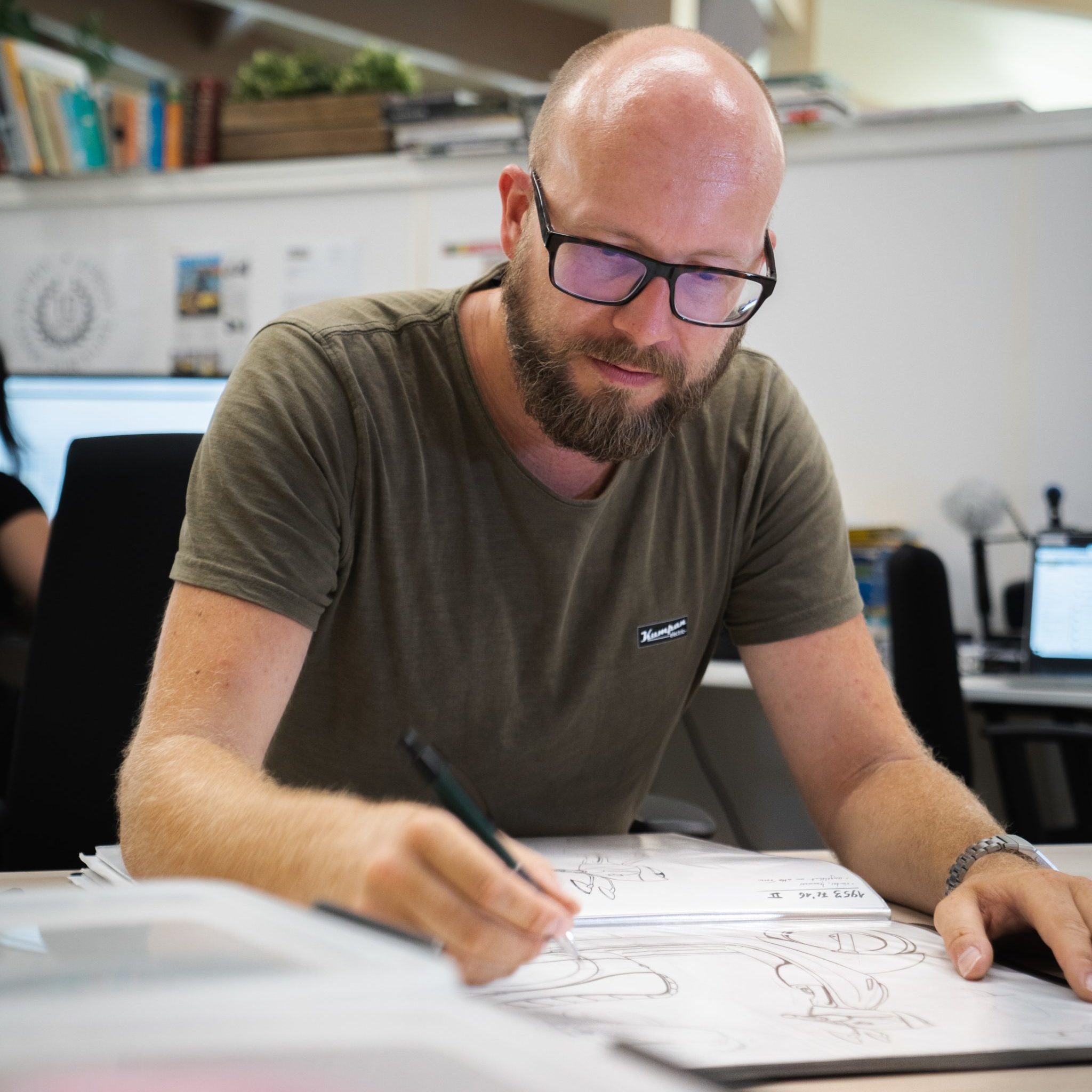Training Objectives
How can you determine if your product is "circular"? And how can you assess the potential of the various circular strategies such as Reuse, Repair, Remanufacture, Recycle for your product? Circular product design helps design professionals to improve the long-term sustainability performance of their products. The key principle of the approach is 'designing out waste': fitting your product in a circular economy where the value of your product, its components and materials are maintained and not wasted. This course is aimed at helping design professionals such as product architects and industrial design engineers to make their products more circular. By learning how to use unique methods and tools, you will be able to assess the circularity of your product, and to make informed decisions – from minor tweaks to a complete redesign. This course addresses emerging standards for circularity (such as prEN45554) and will be of value both to those working on improving existing products and those creating new ones. In order to effectively implement circular design strategies, you will learn to use two practical tools to assess products' circularity: HotSpot Mapping (HSM) – with this tool you will analyze your product architecture through the dismantling of an example product of your choice, and mapping the key properties of all components, such as material, weight, ease of disassembly, likelihood to break, and more. You will spot critical points in your product architecture related to key circularity metrics. Circularity Calculator (CC) – with this tool you will quantify key circularity metrics and develop circular scenarios based on the data you have in the early stages of product development. These metrics include resource circularity and potential value capture for different circular scenarios. This tool has already been used at various companies pioneering the Circular Economy, from SMEs to international brands. By using these two tools, you will obtain substantiated criteria and facts to decide which are the most promising circular design strategies for your particular context. The tools will also point to the most significant contributors to the effective implementation of circular strategies. This is a highly practical course. We will work with a working example (a blender), to guide you through all the activities. You will also apply what you learn to a product of your own. You will be asked to disassemble it and evaluate its circularity using the methods learned.Training Contents
Use HotSpot Mapping (HSM) to identify the product components that affect circularity. Use HSM to support improvements in product architecture appropriate for different circular strategies. Analyze resource flows and obtain a "circularity instinct" at component and at product level using the Circularity Calculator (CC). Assess and quantify the potential circularity and value capture of different strategies using CC. Learn how to document and discuss circular assessment results and action points to improve the circularity level of the product.Digital Innovation Hubs
Technology
- Others
Technique
- Workshops
- Practical exercices
Channel
- Online
Technology Absortion Cycle
- Awareness of technology
- Configuration
Target Group
- Engineers
- Operators
Instruction Level
- Intermediate
Sector
- Research & Development
Education Level
Capacity
- More than 20
Project
Delft University of TechnologyCountries where training is provided
NetherlandsCities where training is provided
DelftLanguages this training can be provided
English

Views: 448 views


